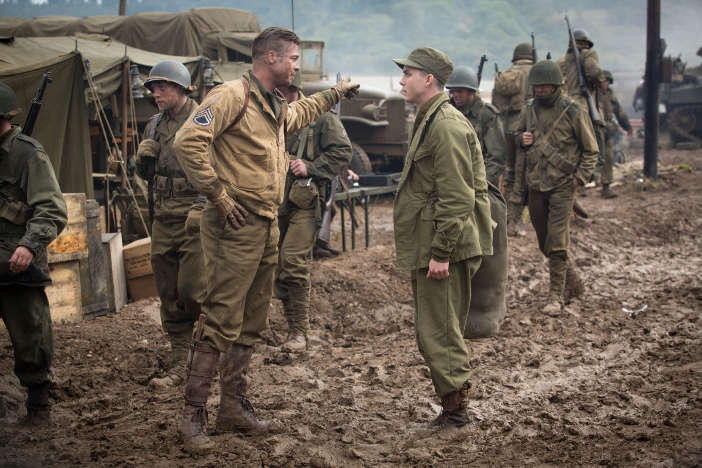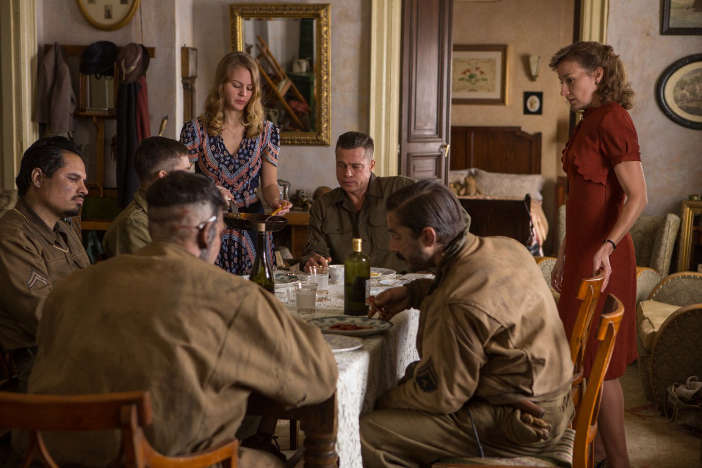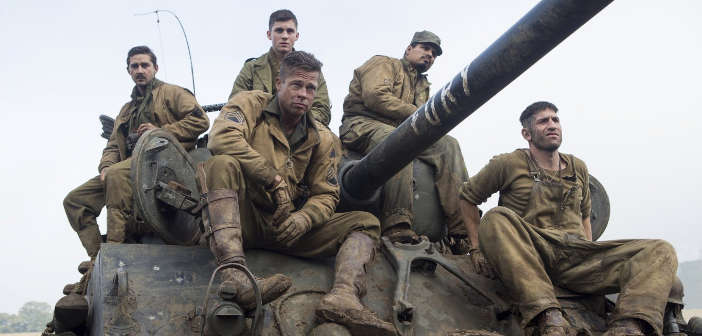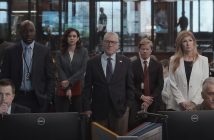At the recent London Film Festival I watched Kung Fu Jungle, a balls-to-the-wall Hong Kong martial arts flick starring the magnificent Donnie Yen, recently beating heads in the Ip Man series to great acclaim. Yen is a genuine master but the film left me a little flat, for a simple reason – Gareth Evans’ Raid films have changed everything. The wire-based, CGI-augmented acrobatics that used to pass for fighting on screen just look trivial set against the brutal authenticity of Iko Uwais and his talent for incapacitating stuntmen. Alfonso Cuaron’s Gravity was another quantum leap forward, this time in terms of what a space film can look like, surely sending numerous projects already in production back to the studio in search of more time and money.
Perhaps the best example of such a cinematic paradigm shift came in 1998 with Spielberg’s Saving Private Ryan, the opening of which absolutely destroyed any romanticized vision of the Second World War, replacing it with a representation of the D-Day landings as the indiscriminate, senseless, grey and brown massacre it was. Immediately it made no sense to use any other palate to portray a conflict that killed over 60 million people.
All of which brings me to Fury, the new film from David Ayer (End of Watch) starring Brad Pitt as ‘Wardaddy’, commanding officer to ‘Gordo’ (Michael Peña), ‘Bible’ (Shia LaBeouf), ‘Coon-ass’ (Jon Bernthal) and new addition pvt Norman Ellison, assigned to the team to replace a recently deceased member. They occupy and operate a Sherman tank with ‘Fury’ daubed on its gun barrel, during the last few months of the war in 1945. Norman is a typist by trade, a sensitive soul, and must earn the respect of Wardaddy and co, all grizzled veterans with a penchant for killing Nazis.

Wardaddy isn’t heroic enough to be comfortably labelled an anti-hero. The man murders on a massive scale, with only the most tokenistic hint of a conscience; he demands that Norman shoot an unarmed German in the back; and (jokingly?) threatens rape at one point. With the Nazis given literally zero characterization (and what would be the point? Multiplex viewers don’t want a complex, conflicted National Socialist to empathise with), the heroics and the villainy fight over the same characters – our tank crew – and it’s commendable to see American WWII soldiers portrayed as the kind of depraved, unhinged vessels they might well have been after six years at war. This is a film set in the version of WWII that opened Saving Private Ryan (although, being Spielberg, the rest of that film reverted to cliché fairly quickly) and it reeks of death and metal. Wardaddy’s stubble looks like he starts each day by rubbing engine grease and shrapnel around his chin, bodies are pancaked in the mud under tank treads and soldiers succumb to bombs, fire, maiming and stabbing very frequently.
To sum up, they’re horrible, and that’s to the film’s credit – if you were shut in a little metal box and forced to slaughter legions of strangers while watching your colleagues die for six years, wouldn’t you be? Although the whole rookie-learns-to-be-a-hardened-killer thing is by no means original – in fact, Norman has a great deal in common with Private Ryan’s Upham, also a non-killer attached to an experienced unit – one thing I think this film captures very well is the sheer insanity of war, and of WWII in particular. It seems surreal that such an incredible number of ordinary people could be drafted, flown around the world, and asked to brutally murder incredible numbers of other people. There’s something in the febrile nature of each member of the crew that betrays the terrible toll that their jobs exert on them, particularly when on Pavlovian cue they repeat the mantra that it’s ‘the best job I ever had’. The fact that they’re only fooling themselves is plain to see.
Logan Lerman does a fine job as the shell-shocked boy in this crew of manly men, although his journey from gentle peacenik to screaming warrior is quite crudely drawn. Pitt is excellent although even a film this gritty finds a way to get his shirt off – it does serve a narrative purpose but I’m not sure authenticity requires him to be quite so chiselled. The supporting cast are all perfectly believable although I did have trouble catching some of their accent-heavy dialogue, but I’m prepared to put that down to the booming acoustics of the mega-screen I saw it in. The battle scenes are superbly and unflinchingly captured on 35mm – at the press conference I attended, David Ayer fully ‘geeked out’ on the technical choices he made for the film and his commitment has resulted in a visually stunning portrayal of warfare.

The main question mark about the film is its treatment of women. There are two female characters in the film; they are at once subjugated by the nearest men, who angle for dominance like dogs in season and promptly clear out when they’re done. Once their scene is over the story dispenses with the women like empty shell casings and gets back to the business of muddy men killing stuff. Sexual consent seems like a concept for another film. Now it may well be that this is a valid representation of how men living through that war behaved, and it would only be the latest in a long line of films that explore how low men sink in wartime (see, particularly, Platoon); but it did leave a sour taste in the mouth for two reasons. Firstly it suggests that almost all of the men we’re supposed to be rooting for, this ‘family of brothers’, as Ayer described them, are not only willing murderers but also would-be rapists. Secondly, even if this version of the woman in wartime is accurate, then surely she deserves a better exploration of her role than this. Of course, there may not be space for it in this story, which is fine, but that would make this yet another missed opportunity for a mainstream Hollywood movie to show this hellish event in history through the eyes of the women that bore witness to it.
That significant, but not fatal, reservation aside, this is a gripping and well-played film, with strong performances and real bite to its battle scenes. However, in limiting the scope of its characters the way the filmmakers have, it remains one for the guys.




